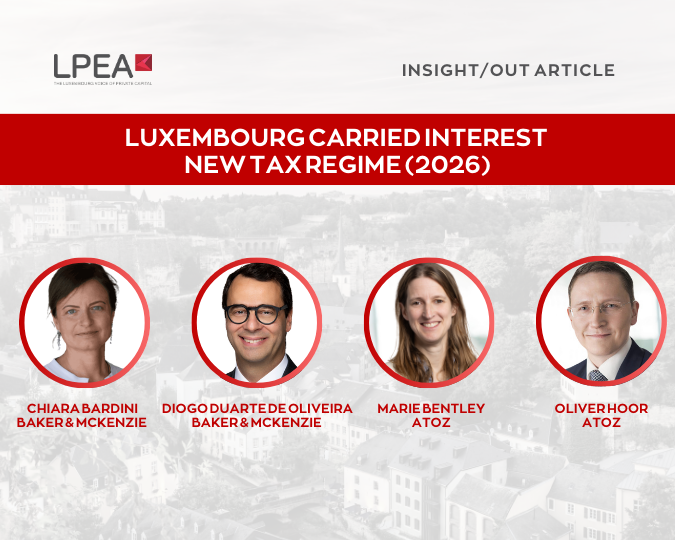By Rym DELCROIX, Director at CONNECTreg
Appointing an independent non-executive director (INED) on the Board is certainly not a box ticking to play the governance game or please the regulator.
It is an attempt to ensure honest and independent judgment in decision making and actions in the best interest of a company.
Acting as an independent advisor when no involvement in the day-to-day operations and yet, facing the same legal responsibilities and liabilities as the executive directors is rather an arduous task where trust is paramount.
Directors depend on the information they receive (hopefully timely and quality proofed) whilst accounted for increased justification for supervisory decisions. When taking one’s role seriously with adequate engagement and impetus, “independence of mind” becomes a choice that needs courage to take – “People have only as much liberty as they have the intelligence to want and the courage to take”
(Emma G.).
Board feel honoured when offered a seat at the table but are they ready to speak
up, rock the boat and take the risk to safely voice opinions? Is INEDs’ independence of mind: a myth or a reality?
We often hear about the importance of good governance but not enough about the obstacles faced by directors. When addressing the barriers experienced by INEDs, an often observed challenge is the difficulty to apply their independence of mind and
judgment as required by the role. Furthermore, speaking up at the right time, challenging and disagreeing can become intricate if some fellow members have complicated personalities.
As a matter of fact, having INEDs at the table is a privilege for companies which must try to make the best out of it. INEDs contribute by bringing diverse skills and experience acquired over their whole career and can also tap into their personal
network, opening the door to a pool of knowledge, talents and connections to
draw from. Character and strong values are key determinants of INEDs. Their integrity implies principled standard of behaviour, transparency, accountability, commitment, bravery and courage.
The conscious company understood that voice is a risky endeavour for Boards as
it challenges the status quo and can be viewed as a threat to others. They also
understood that maximizing their Boards’ experience increases individual’s
inherent motivation and fosters the “speaking up culture” required to healthy
discussions and/or disagreements. Nonetheless, why do we still hear little
about how to overcome obstacles or how to defy the odds while practicing independent state of mind?
Opposing opinions can be particularly challenging, yet, it does not have to be
divisive. Some arguments for these obstacles: not daring to speak up, a lack of intrinsic confidence and a lack of creativity hindering the opening to new ideas.
Ethics is a mindset; knowledge is power but, not enough to make a difference and
achieve true independence. It must be coupled with character and the right
skills such as: conversational intelligence, voice “regulation”, radical candour, confidence and, ability to accept constructive criticism or feedback.
So, how can INEDs keep an independent mindset, take a stand and be vocal no matter
the consequences?
– Get to Know Your Board Room – As a board member, knowing who your fellow board members are is a competitive advantage for effective communication.
Identify the unwritten rules of the Board to explore its dynamics and predict behaviours. What leadership style? What governance factors? What motivates them? Are they engaged or disengaged? Do they empower others? Is diversity sufficient to address complex corporate issues? How do they structure their argumentation?
How credible are they when sending signals? Does the boardroom have the right culture?
– Be Creative – Being bold and speaking up is one thing but it concurs with selfassessing if enough information is at hand to speak up effectively and safely. Are you well prepared to express relevant thoughts?
Can you suggest potential alternative solutions or modifications?
– Be Curious – Proactive participation during board meetings is important but
not sufficing. Communicating in-between meetings in small groups (or 1 on 1)
depending on the matter at stake to clarify certain topics and/or pre-discuss decisions
or even anticipate unexpected issues can have a rewarding outcome. As uncomfortable a situation can be, it is important to address it. If for certain reasons being vocal may be considered as disruptive or unsuitable, then do so separately with experts in the matter of concern.
– Go the Extra Mile – Voting goes beyond the saying yes or no during the Board
meeting. It is recommended and important when a vote may potentially influence
an outcome, to speak up before the vote to anticipate the need to reconvey the message again after the vote and clarify potential
consequences. Lacking the full picture of an issue or not having the answers to all
your questions gives you the right and the responsibility to ask questions plus, secure
full understanding of the discussions and topics to be vetted.
– Do Not Underestimate EQ ’s Impact – Behind PowerPoint presentations, data
and numbers there is a parallel universe: people. As ultimate guardians of the company’s financial, human and reputation capital, why not access the world beneath the iceberg to optimize stakeholder management, better discharge oversight responsibilities and reduce liability risks?
Finally;
– Be Ready to Step Off – It is crucial for INEDs to be fully engaged, active and
compensated sufficiently. Raising your voice is critical to ensure the mitigation of
your personal liability should the situation of the company become sour.
Do not wait for the light to enter the “dark room” the wrong way. If not you, it will be the regulator, the press, investors, and stakeholders who will ask the hard questions.




